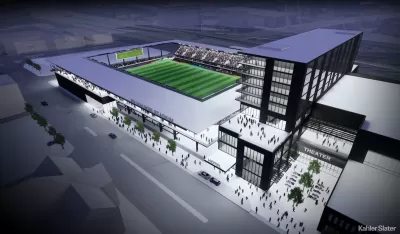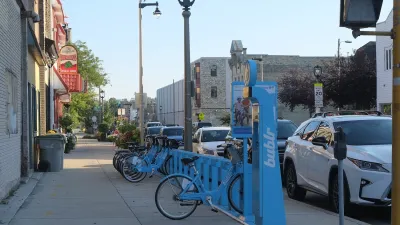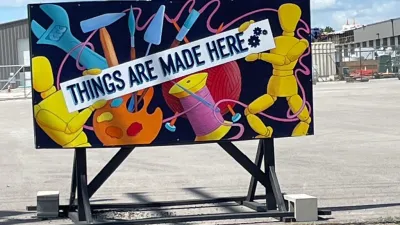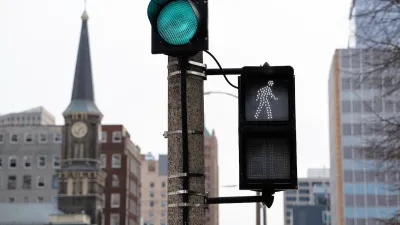While their developers often tout jobs and local economic development as benefits of major stadium projects, research shows these venues often make little impact on local economies.

As Milwaukee debates the merits of a $160 million soccer stadium development that will likely require public funding, Graham Kilmer, writing in Urban Milwaukee, points out that “Academic economists almost universally agree that sports projects do not generate new jobs or income for a city.”
Furthering this point, a new report from the Center on Wisconsin Strategy (COWS) “relies on two studies that show the majority of economists agree that sports projects do not actually provide the benefits touted by developers and the report lays out five soccer stadium projects across the U.S. in the last five years, which together have received $500 million in public money.”
According to experts, sports venues don’t produce the expected economic benefits for two main reasons: the substitution effect, which holds that the money spent on sports would be spent on other entertainment in the area, and leakage, wherein public investment “leaks out of the community” via high salaries that are spent outside the local area.
“If public officials are looking for projects to stimulate growth, they should look to infrastructure and education, according to the St. Louis Fed paper [analyzed in the COWS study].” COWS and their collaborator, the Milwaukee Area Service and Hospitality Labor Organization (MASH), argue that “Milwaukee policy makers should look at what kind of benefits they can gain for the community if they consider financing the project.”
FULL STORY: Report Finds Little Economic Impact From Stadium Projects

Alabama: Trump Terminates Settlements for Black Communities Harmed By Raw Sewage
Trump deemed the landmark civil rights agreement “illegal DEI and environmental justice policy.”

Planetizen Federal Action Tracker
A weekly monitor of how Trump’s orders and actions are impacting planners and planning in America.

The 120 Year Old Tiny Home Villages That Sheltered San Francisco’s Earthquake Refugees
More than a century ago, San Francisco mobilized to house thousands of residents displaced by the 1906 earthquake. Could their strategy offer a model for the present?

Rural Missouri Transit Service Could Lose State Funding
OATS Transit offers low-cost rides to primarily elderly rural residents with little or no access to other transportation options.

Opinion: California’s SB 79 Would Improve Housing Affordability and Transit Access
A proposed bill would legalize transit-oriented development statewide.

Record Temperatures Prompt Push for Environmental Justice Bills
Nevada legislators are proposing laws that would mandate heat mitigation measures to protect residents from the impacts of extreme heat.
Urban Design for Planners 1: Software Tools
This six-course series explores essential urban design concepts using open source software and equips planners with the tools they need to participate fully in the urban design process.
Planning for Universal Design
Learn the tools for implementing Universal Design in planning regulations.
Clanton & Associates, Inc.
Jessamine County Fiscal Court
Institute for Housing and Urban Development Studies (IHS)
City of Grandview
Harvard GSD Executive Education
Toledo-Lucas County Plan Commissions
Salt Lake City
NYU Wagner Graduate School of Public Service





























